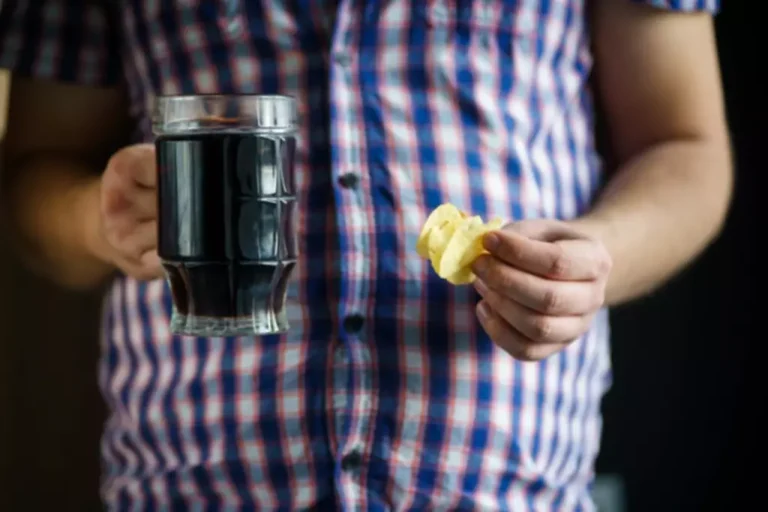
You have to be completely honest with yourself and trust the process. The right program is essential and AA and NA may not work for everyone — it’s up to you to decide what you need to get and stay sober. Once you get cocky, you are at risk of relapsing but if you do relapse, don’t give up, just get back on track and believe in what you are doing.
US Study of Recovering Adults Reveals Important Lessons
- Of the 39,809 individuals screened, 25,229 responded to the screening question (63.4%).
- Even with professional treatment, relapse is common, but ongoing support and aftercare are crucial.
Despite being a common aspect of recovery, relapses are dangerous. This is because of the changes that occur in the body once you stop using substances. Relapse is a common stumbling block during the recovery process and does not mean that you should give up on becoming sober.
Stress
There’s no specific answer to the question of how will your rehab succeed. The longer you recover, the more likely you are to succeed. If you are having bad days with drug abuse, you undoubtedly think of rehab. But the worse going back to rehab your addiction is, the more likely you have to try more than once or twice to get treatment in rehab. The situation worsens because of your physical and emotional dependence on drugs.

Alcohol Relapse and Recovery Statistics

For recovering drug addicts, rates are between 40 and 60 percent. Knowing whether you need to go back to a treatment center depends on whether you’ve had a “slip” or if you have fully relapsed and are using again on a regular basis. Returning to rehab does not mean you or the process failed.
Understanding Your Recovery Journey
What matters is that you realized the dangers of falling back into addiction and valued your life enough to make a positive change. In the event that a slip has occurred, you can usually get back on the right track by going to a meeting, discussing the slip with a sponsor or a counselor and avoiding your triggers. Seeking support and redoubling your efforts to remain sober are imperative. Relapse rates among recovering alcoholics are between 50 and 90 percent in the first four years after rehab.
Is it Common to Relapse After Rehab?

While progress has been made in understanding and treating substance use disorders, significant gaps remain in access to care and support for those in need. The Commission on Accreditation of Rehabilitation Facilities, known as CARF, is a nonprofit organization that offers accreditation of rehabilitation and behavioral health centers. In order to receive a CARF accreditation, facilities must meet a variety of requirements. A CARF-accredited facility demonstrates high-quality programming and treatment that is tailored to the individual. Addiction is a chronic brain disorder that involves complex interactions between your brain circuits, genetics, environment, and life experiences.

Free Apps to Help You in Addiction Recovery
A separate study published by the CDC and the National Institute on Drug Abuse in 2020 found 3 out of 4 people who experience addiction eventually recover. Kelly co-authored a peer-reviewed study published last year that found roughly 22.3 million Americans — more than 9% of adults — live in recovery after some form of substance-use disorder. High costs, limited insurance, and program availability create barriers. Removing these barriers and ensuring quality, evidence-based treatment is crucial for better outcomes. Recovery from drug addiction is a long-term process, with notable trends and challenges observed over the past decade. Learning about the rates of treatment and the barriers to seeking help is crucial for improving access to care and support for those with SUDs.


Leave a comment